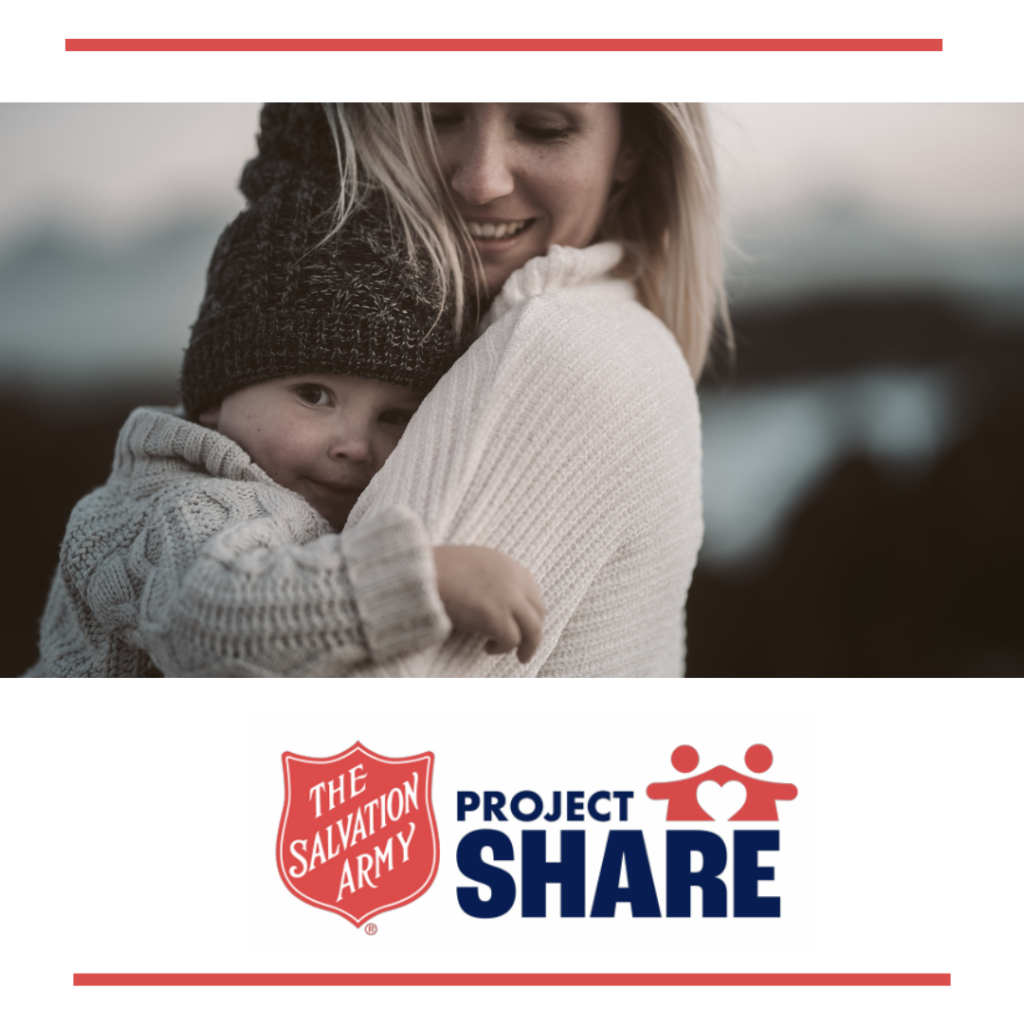Financial Education
Financial literacy courses could drastically improve the lives of people who live on the edge, frequently turning to payday lenders and bill payment services and relying on money orders and check-cashing entities.
Starting this school year, Georgia students will be required to take a half-credit financial literacy (Finlit) course during the last two years of high school. Frankly, many adults could also benefit from this.
 But what is “Finlit” exactly? It’s not like reading or writing where you either can do it or you can’t. Am I truly “literate” in the financial sense? The definition is open-ended, but I was able to answer the basic questions on the World Economic Forum website, used to determine Finlit in a survey:
But what is “Finlit” exactly? It’s not like reading or writing where you either can do it or you can’t. Am I truly “literate” in the financial sense? The definition is open-ended, but I was able to answer the basic questions on the World Economic Forum website, used to determine Finlit in a survey:
- If you put $100 in the bank at a 2% annual interest rate, what would you have after five years?
- If your annual interest rate was 1% but the annual inflation rate was 2%, would you be able to buy more or less one year later?
- Which is the safer investment – a single company stock or mutual funds?
The answers are: $110 (roughly), less, and mutual funds. However, in 2021, fewer than 31% of Americans answered these questions correctly. Even worse, respondents rated their knowledge at 5.1 out of 7. Another study found a steady decline in Finlit from 2008 to 2021 and noted gender, race and age gaps, with the decline most pronounced in female and Black or Hispanic Americans under 40.
In addition to high schools and employers, there are myriad efforts gaining steam to teach Finlit in Georgia, including Funding the Future, a collaboration between Georgia Secretary of State (SOS) Brad Raffensperger’s Securities Division, and musician Carter Hulsey. The musical program, based on Hulsey’s life experience, was performed live at four high schools statewide and livestreamed at Georgia Cyber Academy and Clayton County Youth Commission, reaching more than 1,700 students. Its message: Get control of your money early on.
The SOS Securities Division has also hosted “Money Talks” programs on college campuses and the Atlanta Transitional Center, with panelists representing Deloitte Consulting, AvestiCorp and Archer Investment Management. The National Student Clearinghouse Research Center says college enrollment has declined 5.1% since 2020, with unprecedented dips among students from low-income or high-poverty high schools. Meanwhile student loans are the second largest source of debt in the country.
University of North Georgia is one of 600 colleges and universities using the iGrad online and mobile financial literacy platform. Similar programs are also offered at University of Georgia, Georgia Southern University and University of West Georgia.
Numerous other online resources include Community Banking Association of Georgia; GreenPath, a national entity (not a lender), that offers a free LearningLab and a 24/7 Virtual Financial eCoach; and Operation Hope, a nonprofit offering programs ranging from youth money management skills to financial disaster recovery. Other entities with Finlit education include Robins Financial Credit Union, MidSouth Community Federal Credit Union, Cadence Bank and Wells Fargo’s “Hands on Banking.”
The Georgia Department of Law’s Consumer Protection Division has guidance on cybersecurity and avoiding scams and identity theft. It also offers a consumer protection guide for older adults. The Federal Trade Commission website helps with reporting identity theft, registering on the do-not-call list, obtaining free credit reports, and reporting scams.
The Consumer Financial Protection Bureau has tools on debt collection, mortgages, prepaid cards and student loans. The Federal Deposit Insurance Corporation has created the Money Smart link to help people form banking relationships and also has a program called Money Smart for Older Adults, an instructor-led class covering topics from internet scams to identity theft.
Financial literacy courses could drastically improve the lives of people who live on the edge, frequently turning to payday lenders and bill payment services and relying on money orders and check-cashing entities. It can be hard for people from all walks of life to admit they need this training until it’s too late. There are plenty of stories about people who find financial success early only to lose it all, because of bad decisions. The stigma of poverty and emotional distress of debt require advisers to act with finesse and a human touch.
Best to get an early start, before learning the hard way. But it’s never too late to start. How ever you define it, Finlit is a cradle-to-grave necessity.







